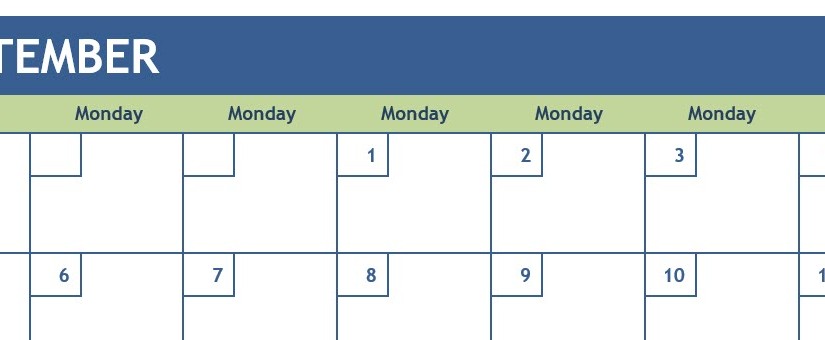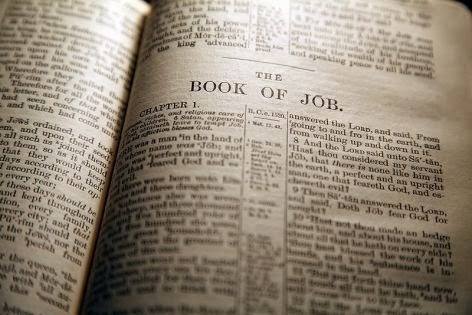The book of Job has always terrified me. Every time I read it, I worry it’s a forerunner to a season of misery. If nothing else, it’s a reminder that crap is inevitable. Health issues. Interpersonal relationships. Job and financial stress–including losing your job.
If you’re like me, you’ve suffered all of those things at one point or another in life. That’s the entire subtext of Job. He loses everything, including his health. His wife tells him to curse God and die. Then his friends come and take turns telling him he’s responsible for all those bad things because he’s a bad person (he isn’t) and karma’s a bitch. Then some young guy who doesn’t know as much about life as he thinks lays into the friends for not being harsh enough. If that’s not enough, God smacks Job around.
If you’re like me, you’ve felt like you’ve been there, too. If you share my faith, Jesus was clear that life would sometimes suck, that we would know trouble in this life.
Job’s experience isn’t foreign to us.
But his story is powerful.
On his Daily Stoic podcast, Ryan Holiday shares the story of how novelist John Gregory Dunne said he didn’t think he could do this, as he and his wife, Joan Didion, rushed to the hospital to attend to their daughter who had pneumonia that would turn to septic shock. His career was crashing at the time and the load felt overwhelming to him. She turned to him and said, “You don’t have a choice.” Though it sounds cruel, it was delivered be someone going through the same things. By someone standing next to him. She knew, because she didn’t have a choice, either.
For whatever reason, God allows us pain and agony. But He didn’t spare himself the same pain and agony. Jesus lived in a difficult time. His murder was an act of torture engineered to be agonizing, shameful, and to force your body to betray you on the way to death.
So when we find those Job-like times in life, like Dunne, we don’t have a choice. We have to face them. Like him, we have someone standing next to us–someone who has been through all the same things. His statement that we don’t have a choice comes from experience. It’s applied with love and empathy, not disdain. Soothing as a lie would be, the lie that we can avoid difficulty is among the most harmful.
Job’s story illustrates the choice we do have. Difficult things will come, but we hold the choice of how to deal with them. Keeping our humanity, as Job did throughout his ordeal, is the freedom we still have.
It’s hard. It can be soul crushing. It’s a demand to be reasonable at a time when the world makes your soul throb. Time gives us no choice but to continue. The only way out is through. We can allow the experience to make us bitter and brittle. Or we can choose a different path.
Job is a model of choosing that path. In that, his story illustrates that power, whether we believe or not.
Just knowing that choice is there is the first step to weathering the storm.









